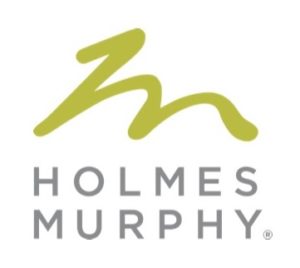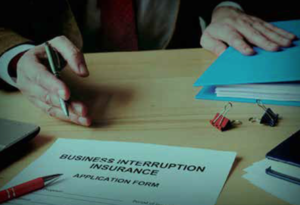Lessening the Stress of a Business Interruption Loss
Nothing can impact a business more than a significant property loss. You know the kind I’m talking about — fire, water damage, storms, etc. Even worse is when this impacts your business to the point where you have a business interruption (business income) loss.
Many first-party property losses can take up to 12, 18, 24 or more months to resolve. Often the business interruption portion is the final aspect to conclude. The burden of proof to document and prove the total loss (not just a delay) is on the businessowner.
So, what can you do?
Prepare for Business Interruption
To minimize the time and frustration it takes dealing with a significant loss, you’ll want to think ahead about how to prepare for such an event. The goal should be to provide a business interruption claim that is clear.
One question to ask yourself: would a non-interested party be able to review and understand the claim? The claim should also be well- documented (objective, verifiable, and evidentiary) as well as strong enough to hold up in a court of law.
Business Interruption Documentation
If your business does encounter a business interruption and you need to submit a claim, we suggest you think about how to best prove and support it right away.
It’s important to realize in most cases the insurance carrier will hire a forensic accountant to review, analyze, and provide opinions on the submitted claim. We highly encourage you set up an early meeting with that accountant to provide an overview of your operations and business, so the accountant best understands your company and your loss.
This conversation is also a great time to discuss expectations of what documentation will be required, and in what format, to make that review as seamless and clear as possible. No insurance policy will list what items to provide, but it’s safe to say that well-referenced source reports and detailed descriptions of the claim categories are wise to have.
This can include:
- Monthly Profit and Loss Statements
- Monthly Cost Accounting Reports
- Invoices and Purchase Orders
- Monthly and Daily Production Reports
- Monthly Inventory
Other potentially useful items to share could include:
- Media reports, articles, and write-ups about the loss occurrence from local authorities and investigators
- Damage and restoration reports by independent engineers and contractors
- Annual reports and regulatory filings describing the nature of the business, past trends, and future forecasts
- Customer orders and both pending and in-force contracts
- Industry reports about the overall industry and the insured’s specific market
- Reports and information from local municipal and regulatory authorities
- Reports from independent forensic experts, including accountants, economists, and statisticians
- Information from competitors, customers, and suppliers
Communicate
Frequent communication between your accounting point person and the insurance carrier’s accountant is also suggested. Keep him up to date, and feel free to ask questions and request clarification. Once the business interruption claim is presented, there will be questions and very likely requests for additional documents once he has had a chance to review.
Use a Consultant
Holmes Murphy also suggests you hire an outside accountant, especially one who specializes in insurance forensics, to assist. They are familiar with the process and common business interruption documentation philosophies. Many times, commercial property policies will have Claims Expenses or Claim Data Expense sub-limits available to even help pay for those resources. Prior confirmation with the adjuster of using those limits is important.
As if having a loss event isn’t stressful enough, documenting that loss can add to the frustration. Holmes Murphy can assist in clarifying coverage, coordinating that crucial initial communication, locating potential outside accounting experts, and advocating on your behalf for a quick and fair claim settlement.


For more information,
contact Gerald Johnson
at gjohnson@holmesmurphy.com

